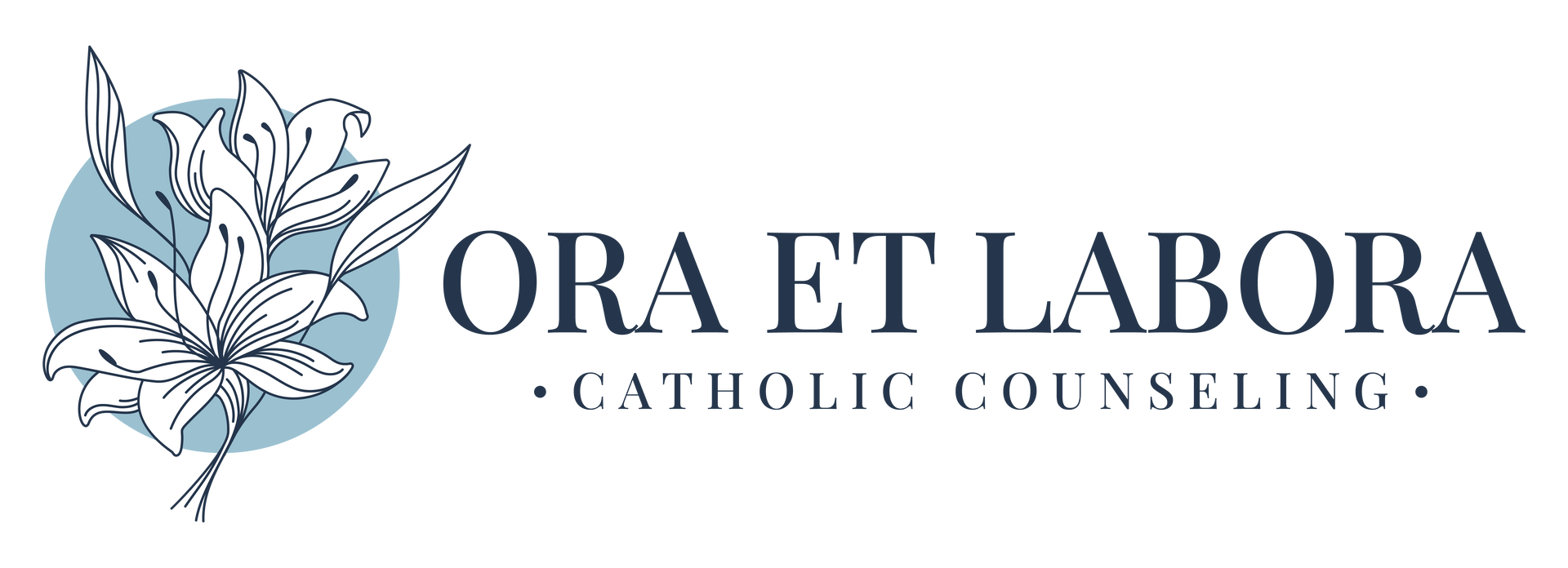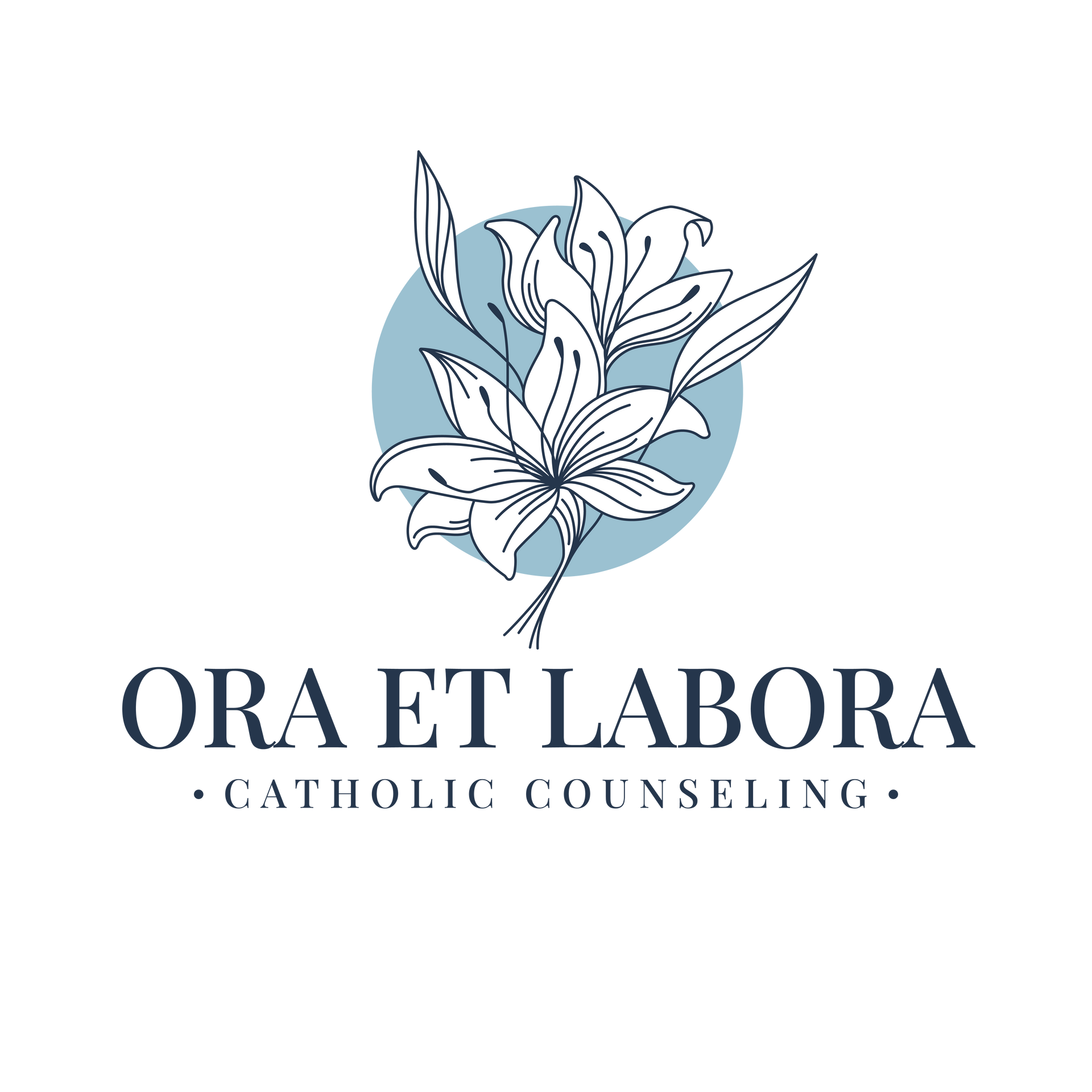All Services & Specialties
Therapy Rooted in Insight, Faith, and Thoughtful Care
Across all services, our therapists offer:
- Respect for the dignity of each person
- A steady, compassionate presence
- Evidence-based clinical care
- Trauma-informed pacing and safety
- Faith-integrated support when desired
Healing is not rushed. We believe meaningful change grows through trust, consistency, and thoughtful care.




Our Services
At Ora et Labora Catholic Counseling, we provide thoughtful, specialized care for a range of mental health concerns, therapeutic approaches, and population-specific needs.
Common Concerns We Support
- Obsessive Compulsive Disorder (OCD), including Scrupulosity
- Trauma & PTSD
- Anxiety
- Depression
- Seasonal Affective Disorder
- Grief & Loss
- Unwanted Sexual Behavior & Addiction
Therapeutic Approaches We Frequently Use
- Acceptance & Commitment Therapy (ACT)
- Exposure & Response Prevention (ERP)
- Eye Movement Desensitization and Reprocessing (EMDR)
- Internal Family Systems (IFS)
Population-Specific Support
- Maternal Mental Health
- Adolescents (ages 16+)
- Young Adults
- Clergy, Religious, and Seminarians
- Vocational Discernment
- Life Transitions
This list is not exhaustive. Our therapists are trained and competent in supporting a wide range of mental health concerns, and we thoughtfully assess each client’s needs to ensure appropriate and ethical care.
If You're Ready, We're Here
Reaching out is a small step that can open the door to meaningful change. It’s natural to feel unsure about what therapy might look like, or whether it will truly help.
You are not meant to do this alone. Becoming who you are called to be often requires support, and asking for that support is an act of faith and courage.
Therapy offers a place to find steadiness and understanding, and working with a therapist who shares your faith can bring deeper integration to the healing process.
We're here for you & ready to help you heal
Reach out today to learn more about how we can help your unique needs and work towards your goals.



